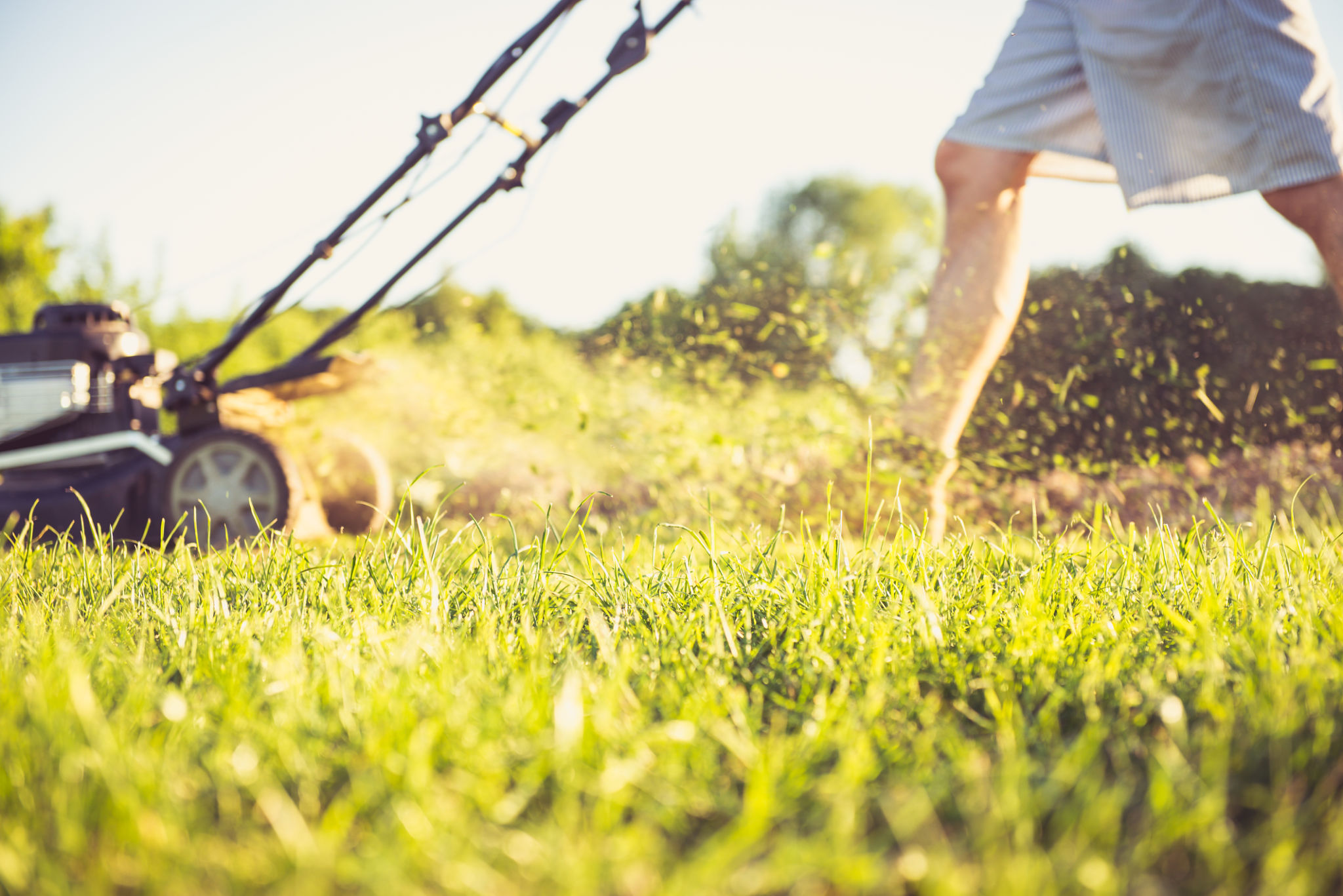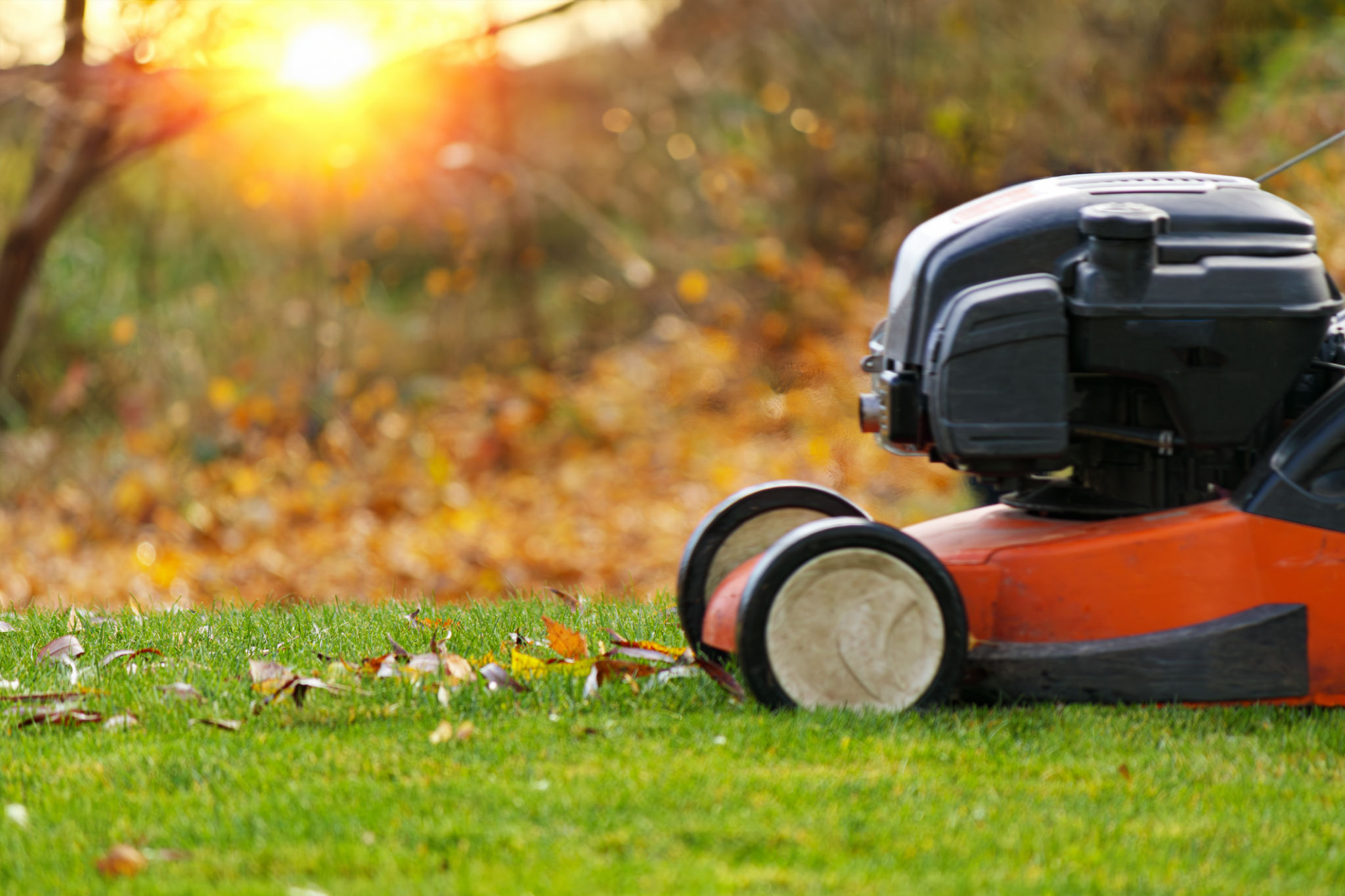The Best Time to Fertilize Bermuda Grass: A Seasonal Guide for South Carolina Homeowners
Understanding Bermuda Grass
Bermuda grass is a popular choice for many homeowners in South Carolina due to its lush, green appearance and resilience in warm climates. Known for its ability to thrive in sunny environments, this grass type requires specific care, particularly when it comes to fertilization. The key to maintaining a healthy Bermuda lawn is understanding the best times to apply fertilizer. By doing so, you can ensure your grass receives the nutrients it needs to flourish throughout the year.

Spring: The Awakening Phase
As temperatures rise and days grow longer, Bermuda grass begins to emerge from its dormant winter state. Typically, the best time to start fertilizing your lawn is in late spring. This is when the grass enters its active growth phase. During this period, applying a balanced fertilizer will encourage robust growth and help your lawn establish a solid foundation for the upcoming summer months.
Recommended Fertilization Steps for Spring
- Wait until the grass turns green and begins to grow actively.
- Use a slow-release nitrogen fertilizer to promote steady growth.
- Consider a soil test to determine specific nutrient needs.
Summer: Maintaining Vibrancy
During the summer, Bermuda grass is at its peak growing season. To maintain its lush appearance, regular fertilization is crucial. Typically, a second round of fertilizer should be applied in mid-summer. This ensures that your lawn continues to receive the nutrients it needs to withstand the heat and potential dry spells common in South Carolina during this time.

Summer Fertilization Tips
- Use a high-nitrogen fertilizer to support ongoing growth.
- Water your lawn deeply after fertilizing to help nutrients reach the roots.
- Avoid fertilizing during extreme heat waves to prevent stress on the grass.
Fall: Preparing for Dormancy
As the temperature begins to drop, it's essential to prepare your Bermuda grass for the colder months ahead. Fertilizing in early fall can help strengthen the lawn's root system, providing it with the resilience needed to endure winter dormancy. Opt for a fertilizer with higher potassium levels during this time to enhance root health and disease resistance.

Fall Fertilization Strategy
- Apply the fertilizer in early fall before the first frost.
- Focus on potassium-rich formulas to bolster root strength.
- Avoid high-nitrogen fertilizers, as they may encourage unwanted growth before dormancy.
Winter: A Period of Rest
During winter, Bermuda grass enters a dormant phase, requiring minimal maintenance. Fertilization is typically unnecessary during this time. However, monitoring your lawn for signs of stress or disease can help you address any issues promptly as they arise. Keeping your lawn free from debris and foot traffic can also aid in its recovery come spring.
By following this seasonal guide, South Carolina homeowners can ensure their Bermuda grass remains healthy and vibrant year-round. Understanding the specific needs of your lawn and timing your fertilization efforts accordingly will go a long way toward achieving that enviable green oasis.